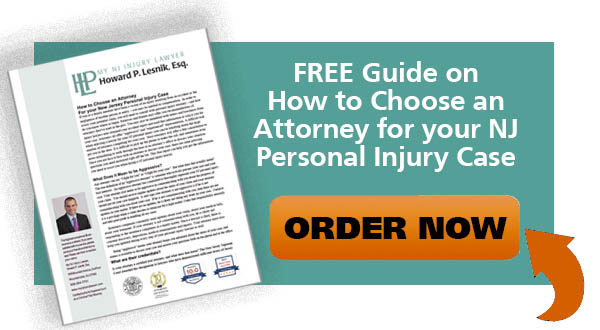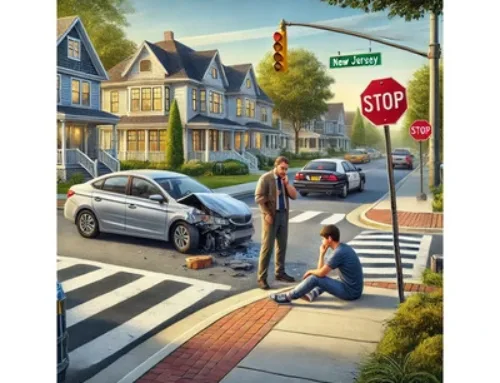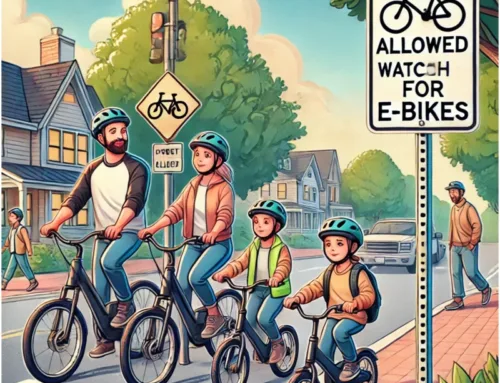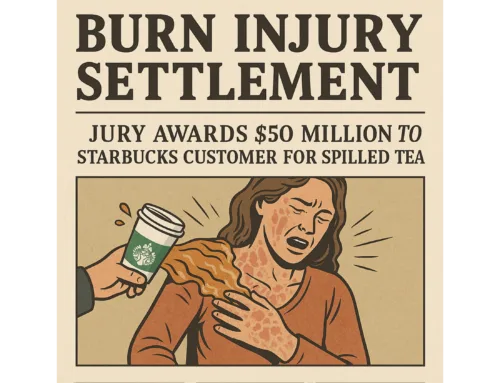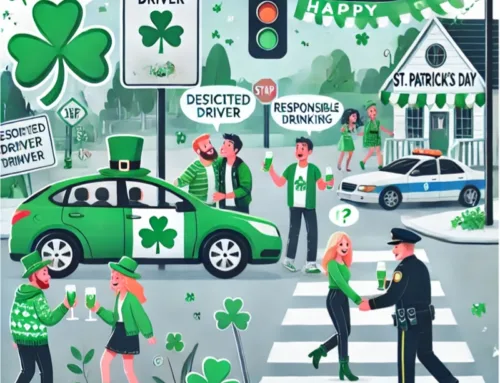Skiing Injuries at New Jersey Ski Resorts
Skiing, snowboarding and tubing are some of the most popular winter activities in New Jersey. Injuries from these sports are on the rise, and there is now a ski helmet law that requires anyone 17 years or younger to wear a helmet while on ski lifts and trails. What happens if you or a family member is injured at a NJ ski resort while participating in these recreational sports?
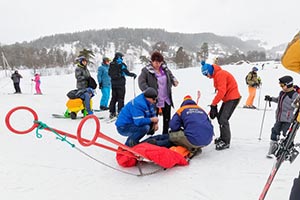 Consulting with an experienced NJ injury attorney is critical. First, the ski resort must be properly notified of the incident within 90 days or you may not be able to bring a claim for your injuries. Second, the laws pertaining to skiing and snowboarding accidents in NJ are complex. Your attorney must be familiar in handling claims involving skiing and snowboarding injuries.
Consulting with an experienced NJ injury attorney is critical. First, the ski resort must be properly notified of the incident within 90 days or you may not be able to bring a claim for your injuries. Second, the laws pertaining to skiing and snowboarding accidents in NJ are complex. Your attorney must be familiar in handling claims involving skiing and snowboarding injuries.
New Jersey’s Ski Slope Law
Under NJ law, a resort is not liable for weather conditions, slope conditions and accidents that are common from participating in skiing and snowboarding. Additionally, NJ applies “Assumption of the Risk” for all participants in these winter sports. Assumption of the risk requires a skier or snowboarding to be aware of the potentially dangerous risks associated with these activities. Every participant is responsible for his or her own ability and must participate in the sport within the boundaries of this ability. Each patron must maintain control of their speed, control, and abide by all posted warnings while skiing and snowboarding at a resort in NJ.
A skier is deemed to have knowledge of and to assume the inherent risks of skiing, operating toboggans, sleds or similar vehicles created by weather conditions, conditions of snow, trails, slopes, other skiers, and all other inherent conditions. Each skier is assumed to know the range of his ability, and it shall be the duty of each skier to conduct himself within the limits of such ability, to maintain control of his speed and course at all times while skiing, to heed all posted warnings and to refrain from acting in a manner which may cause or contribute to the injury of himself or others.
Ski Resort Injury Claims
Ski resorts still have a duty to make sure their ski slopes, trails and ski lifts are reasonably safe for their guests. The operators of ski resorts in NJ must identify all trails, accurately report the difficulty of all trails, and make this information available to all skiers and snowboarders. The resort is responsible injuries caused by all man-made dangerous conditions that it is aware of or should have been aware of.
Another common injury occurs when guests collide with one another while going down the slopes. If you or your family member is injured by an intoxicated patron, the resort may be liable for your damages.
Finally, you can be injured while riding the ski lift. If the NJ ski resort was negligent in the way it operated or maintained the ski lift and you were injured, you may be entitled to compensation.
Skiing, snowboarding and tubing accidents can result in minor or major injuries. Minor injuries include sprains, strains and bruises. Major injuries can range from broken bones, back and neck injuries, closed head injuries, brain injuries and unfortunately death.
Anyone can be injured at a ski resort regardless of whether they are an experienced, expert skier/snowboarder, or on their first run during their first attempt trying these sports.
Even though skiing and snowboarding are considered dangerous sports, the ski resort is still required to implement safety procedures and protect you from dangerous conditions.
If you are injured at a NJ Ski resort, you should make sure you immediately contact a NJ certified trial injury attorney. Howard Lesnik handles NJ personal injury cases on a regular basis, and is certified as a certified trial lawyer by the Supreme Court of NJ. Please contact Mr. Lesnik now by email, by phoning 908.264.7701, or by completing the form to the right to schedule your complimentary 30-minute strategy session.
